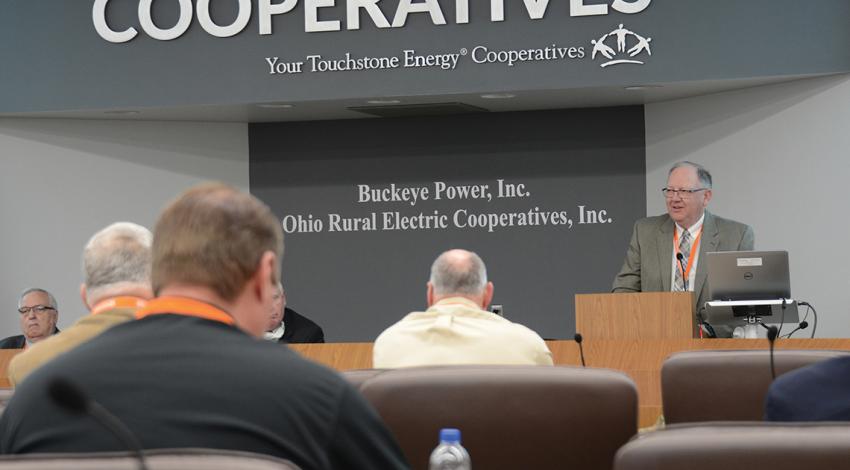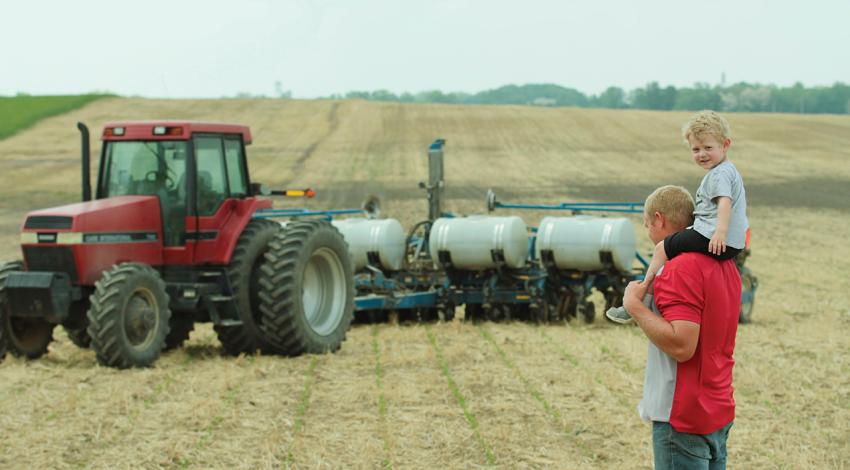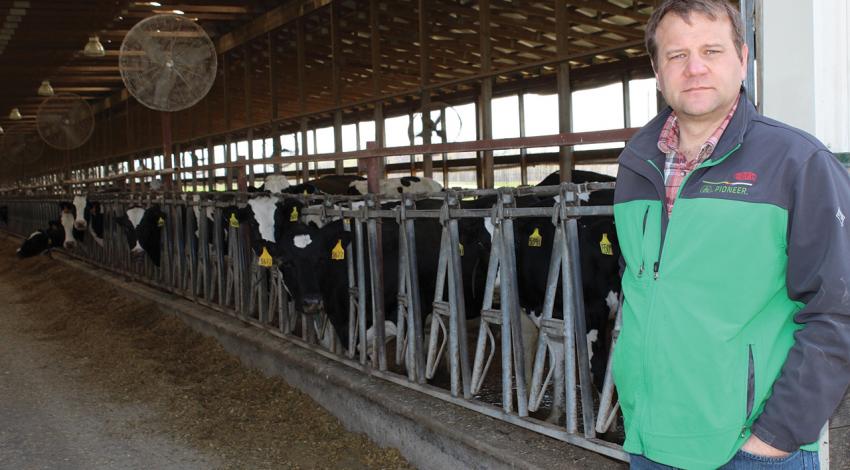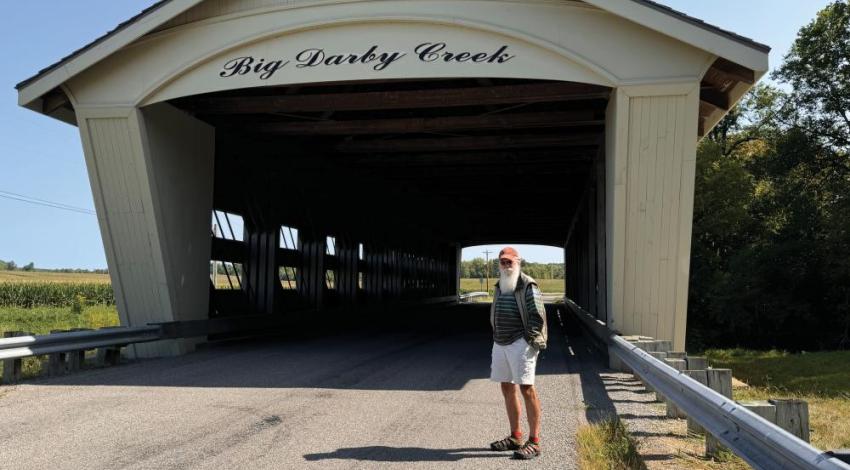Consumer-members of Ohio electric cooperatives understand the benefits of renewable energy sources like wind and solar — endless supplies that can’t be used up, with little to no carbon footprint.
Why can't we switch to all renewables?
In a word, reliability. Ryan Strom, manager of power delivery engineering services for Buckeye Power, says, “A lot of people don’t realize when they’re using electricity at home, there is a power plant actively running to support that.” Electricity is produced as you’re using it, not stored for when you need it.













